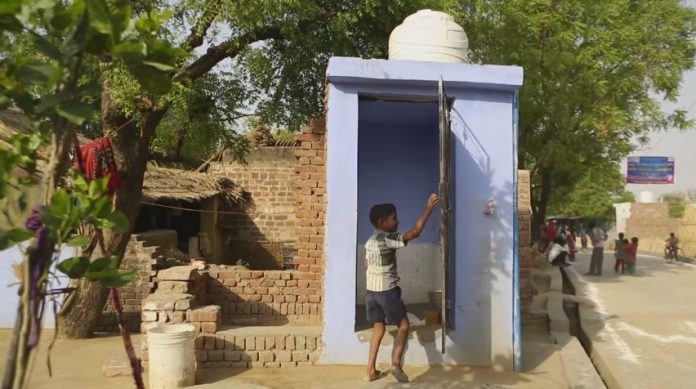Management of open defecation, organic waste, plastic waste, grey water and faecal sludge, are one of the paramount focus of the government.
The Union government is putting together a 10-year strategic plan to eliminate open defecation in India, and to curb other forms of waste litter in India.
To this effect, on the 9th of September, 2019, the Department of Drinking Water and Sanitation (DDWS) organized a meeting wherein various stakeholders came together for national consultation on rural sanitation strategy.
Fortunately, the meeting was successful, and a strategy was devised in consonance with United Nations Children’s Fund (UNICEF) and KPMG.
The strategy devised includes the following:
- Appropriate sanitation information should be disseminated to the public.
- Incentives should be provided for households and community sanitation complex in order to aid more people to have access to sanitation.
- Water Supply should be made available to toilets.
- Pit emptying processes should be standardized.
Participants at the strategy meeting, also indicated that more focus should be paid to menstrual hygiene and disposal of menstrual waste.
The DDWS has indicated that it is open to any comments on the aforementioned strategy, and ready to modify it, where necessary.
The DDWS has also indicated its intention to embark on the following:
- Promote the practice of composting organic waste at household level. Grand panchayats will be responsible for overseeing this.
- Carry out grey water management at household, village, and community levels. In doing this, the DDWS will promote the reuse of treated grey water in villages; and households will be motivated to dig soak pits, and take up kitchen gardens.
- Make provisions to empty pits every five years.
- In places where single pits are connected to toilets, make provisions to upgrade the single pit to twin pits.
- Construct faecal sludge treatment plants to enable management of excreta.
For the successful implementation of this strategy, and in view of the fact that implementation process has to be decentralized, the DDWS had indicated that the Panchayati Raj institutions will be empowered to manage and monitor the state of sanitation.
The officials of the DDWS have also indicated that:
- The Central Government will be responsible for issuing advisories on the appropriate toilet technologies to be used.
- Sanitation projects can be carried out under private-public partnerships.
- Government’s primary focus will also be routed to management of plastic waste.
As per DDWS data, the Swachh Bharat Mission has so far achieved the following:
- Averted 300,000 deaths by 2019
- Prevented 200 million diarrhoeal cases every year
- Saved INR 50,000 per family per year in an ODF environment
- Non-ODF villages are 12.7 times more likely to face groundwater contamination than the ODF villages, according to the data
The officials of DDWS have also made it known that DDWS can source funding from the 15th Finance Commission, in consonance with funds obtained from other sources like Mahatma Gandhi National Rural Employment Scheme, and Corporate Social Responsibility Funds.





